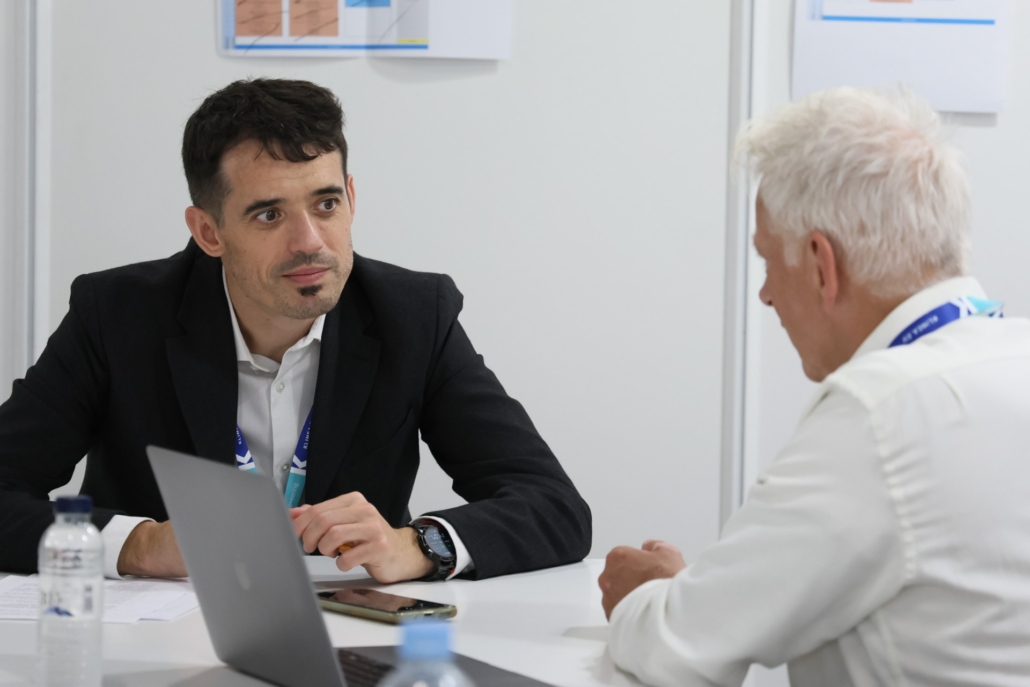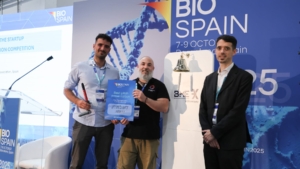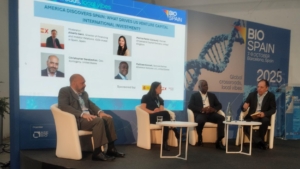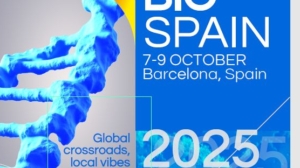
BioSpain 2025: “Building European biotech resilience”
At BioSpain 2025 European Biotechnology spoke with AseBio CEO Ion Arocena about Spain's expansion in biotech and its role in a time of geopolitical tensions.
Can you please briefly reintroduce the development of AseBio, its members, and agenda since the last BioSpain?
Ion Arocena: We have continued to grow, creating a stable base. Last year, on the occasion of AseBio’s 25th anniversary, we already had 343 AseBio member companies, while back in 2000 the complete Spanish biotech ecosystem was made up of 50 companies. Until the end of 2024, this figure has grown to 1,074 companies.
Over the past five years, how has Spain addressed its historical weakness in translating research findings into marketable products within the pharmaceutical and industrial biotechnology sectors? Which indicators can be used to assess this progress?
Ion Arocena: Spain is fundamentally well positioned in terms of biotech R&D and scientific excellence. But we have to transform that excellence in science into commercial successes. However, we are getting better; according to the latest data, 66 new biotech companies were created in 2024, and 129 products were launched by Asebio member companies alone, reflecting the capability of the ecosystem to develop and launch products. So these promising data demonstrate that there is clear progress in technology transfer.
Spain is the European leader in clinical trials. How did this happen?
Ion Arocena: Spain leads Europe in the number of clinical trials initiated in 2023, and some data suggest also in 2024. There are several factors that have contributed to this leadership. We successfully implemented and adapted the European legislation on clinical trials from 2015. We established an effective model of collaboration between the private and public sectors for launching clinical trials, and we benefited from the quality of the Spanish healthcare system and hospital infrastructure.
Spain is part of a large EU market – but also subject to its bureaucracy. What do you hope your country will gain from the Bioeconomy Strategy and the EU Biotech Act?
Ion Arocena: We are in a critical moment concerning the regulatory development of biotech in Europe that will determine if we will have a biotech boom in Spain or Europe. Looking at the draft Pharmaceutical package, the forthcoming European Biotechnology Act, and Bioeconomy Strategy, it is clear that we need a streamlined regulatory pathway to transform science into commercial success. Additionally, we need a regulatory framework that attracts capital and investors. The European Union has made biotechnology a cornerstone of its industrial strategy. Yet, turning ambition into success will require concrete action – aligning policies across Member States and fostering coordination between public institutions and private industry.
Currently, the biotech value chain is under significant geopolitical pressure. In your view, what is the most effective strategy for the EU biotech sector to address this? What role can Spain play in this context?
Ion Arocena: I mean, the current situation is an additional, maybe the definite, wake-up call for Europe to tackle our talent gap. We have to speak up for international collaboration because collaboration is the broth for the industry to bloom. Europe has enough power to set up companies with innovative platforms. However, the challenge is to scale these companies to critical mass. It is crucial for Europe to create the Investment Union, to create a framework in which European companies will have access to capital. The reality is that there is plenty of capital, but we have to focus it on creating marketable innovation.
At BioSpain, US investors stated that Europe is an interesting place to invest due to the undervaluation of European biotechs, with comparable stock market offerings providing attractive exits through IPOs compared to Hong Kong or Nasdaq.
Ion Arocena: It is clear that we lack a well-structured European capital market. The reality is that every single capital market in Europe is too small. There have been many discussions on how to change that situation; one of them is to create a European Nasdaq. The Spanish Government supports the idea to join forces with other EU Member States and the UK to create such a common capital market that will allow Spanish and European biotech companies to grow, scale, and survive the valley of death. There is no time to wait, but to act.
A bit more on statistics: How many visitors, exhibitors, and partnering meetings do you have here at BioSpain, and how do you relate these numbers to your growth vision?
Ion Arocena: BioSpain is growing as a meeting point fort he international biotech ecosystem. Already all figures of the 2025 edition indicate growth and a higly dynamic ecosystem: we hadabout 2,400 registered participants in 2025, 300 more than in 2023. The same is true for the number of one-to-one meetings (4,500), exhibitors (250, +30) and investors (135). Thus, we have decided to switch BioSpain from an biannual to an annual meeting, with Bilbao coming up as the next meeting point.


 AseBio
AseBio  AseBio
AseBio AseBio
AseBio